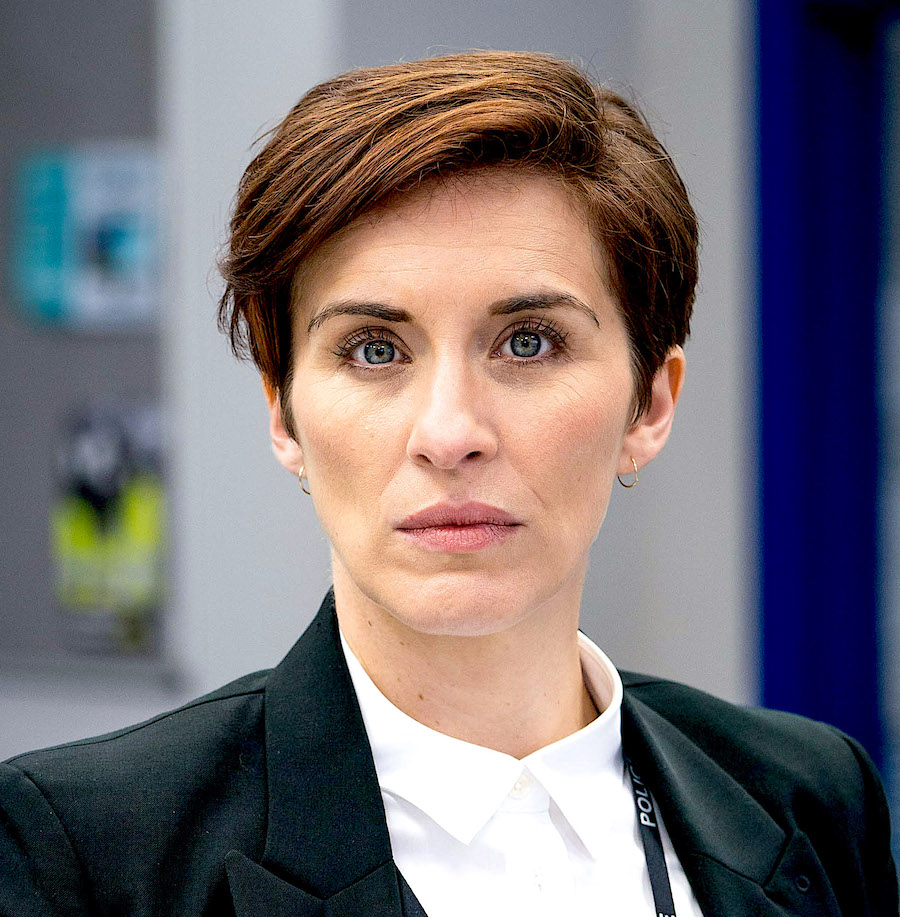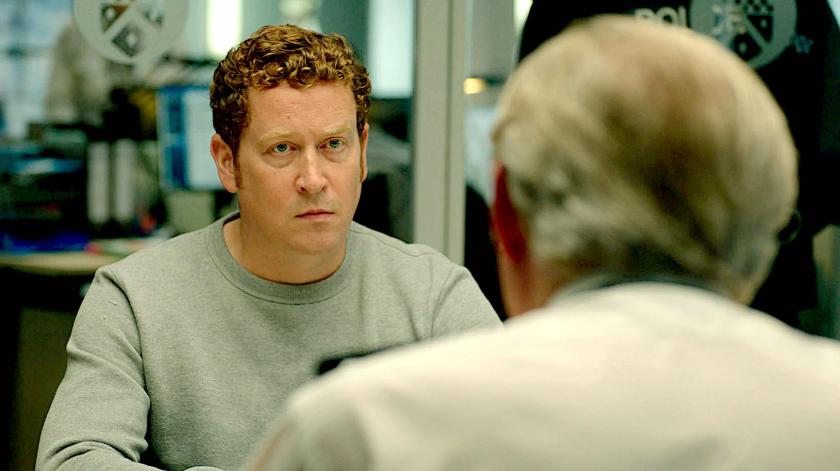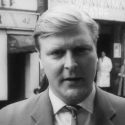WARNING - CONTAINS SPOILERS
Half the fun of this series of Line of Duty has been the crescendo of conspiracy theories surrounding it, fuelled by the way creator Jed Mercurio has skilfully kept tapping into the LoD mythology built up over the preceding five seasons. Craig Parkinson, aka the evil Dot Cottan from earlier series, has been hosting the Obsessed With… Line of Duty podcast, exploring secrets, theories and myths surrounding the show.
With the air dripping with fear and paranoia, almost everyone has been fingered as being the potential Napoleon of Crime known as the Fourth Man (or woman), from Kate Fleming (pictured below) and DC Chloe Bishop to Chief Constable Osborne and the spine-chilling Patricia Carmichael (pictured at bottom). Ted Hastings, whose “Jesus, Mary and Joseph and the wee donkey” line has become the meme of the moment, has never quite shaken off the last scintilla of doubt about his personal probity.
 How to put an end to the series, and allegedly to the entire history of Line of Duty, would have been what Sherlock Holmes would call a three-pipe problem. Or more like a 30-pipe problem. Not only can you never please everybody, but it’s the multiple misdirections and the state of not knowing that keep viewers hooked. While the series is still in motion, everything remains possible. Nail it down with a definitive conclusion, and it’s suddenly all history.
How to put an end to the series, and allegedly to the entire history of Line of Duty, would have been what Sherlock Holmes would call a three-pipe problem. Or more like a 30-pipe problem. Not only can you never please everybody, but it’s the multiple misdirections and the state of not knowing that keep viewers hooked. While the series is still in motion, everything remains possible. Nail it down with a definitive conclusion, and it’s suddenly all history.
Under the circumstances, the auteur played it with considerable canniness, sneakily swerving round the “who is the Fourth Man?” question by spreading the blame among assorted organised crime splinter groups. It was rather deflating to find that the candidate eventually identified via assorted forensic methods, in no small part because of his annoying habit of writing “definately” (something Hastings had also done in the past), was the slightly ludicrous figure of DCI Ian Buckells (Nigel Boyle). Still, eagle-eyed viewers who’d previously spotted the set of golf clubs in Buckells’s office and made the “caddy” connection could award themselves an extra chocolate biscuit.
The Buckells interrogation scene was a minor classic, with Hastings doing a persuasive impersonation of Stephenson’s Rocket as he worked himself up into an apoplectic head of outrage. His analysis of how Buckells’s sheer mediocrity had been the key to his “success” was priceless. “Your corruption was mistaken for incompetence!” steamed Ted. “How some people can fail upwards beggars belief.” Kate Fleming mused over how Buckells had concealed his lavishly-rewarded secret life by wearing “crap suits” and driving “dad cars”, and never buying his round in the pub.
 Buckells himself gave a display of sullen Brummie indifference, even insolently offering Ted a glass of water as he grew increasingly agitated. Buckells had almost persuaded himself that he was merely a kind of booking clerk, idly waving past a deluge of criminal and murderous activity that was nothing to do with him. After all, none of it had been his idea, and as he pointed out, the official view of the police hierarchy is that institutionalised corruption doesn’t exist. The only real “H”, in his version, had been the late Tommy Hunter. Evidently the “line of duty” can mean different things to different people.
Buckells himself gave a display of sullen Brummie indifference, even insolently offering Ted a glass of water as he grew increasingly agitated. Buckells had almost persuaded himself that he was merely a kind of booking clerk, idly waving past a deluge of criminal and murderous activity that was nothing to do with him. After all, none of it had been his idea, and as he pointed out, the official view of the police hierarchy is that institutionalised corruption doesn’t exist. The only real “H”, in his version, had been the late Tommy Hunter. Evidently the “line of duty” can mean different things to different people.
The series closed with a documentary-style recap of the fates of various characters, including the fitted-up Terry Boyle and the cruelly manipulated Joanne Davidson. Mercurio’s view of policing remains dark and harshly judgmental (I wish him luck if he has to call the cops in an emergency), and he left us with news that Buckells was angling for immunity from prosecution, and AC-12 was now run by Carmichael and was stuffed with pliant cronies of Chief Constable Osborne. Osborne summed it all up in another of his TV press conferences, declaring that “lessons will be learned” and that all malfeasance was the fault of “a few rotten apples”. Just like real life, then.















Add comment